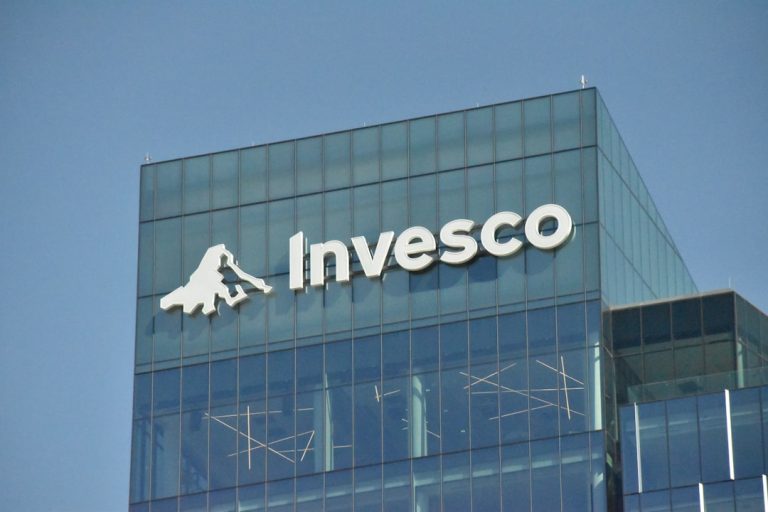Discover the tax relief schemes available for Scottish companies raising equity, including Income Tax and Capital Gains Tax incentives, to optimize your funding strategy.
Introduction
Raising equity is a crucial step for many Scottish businesses looking to expand and innovate. However, navigating the complexities of tax incentives can be daunting. This guide explores essential tax relief schemes available to Scottish businesses, focusing on the Seed Enterprise Investment Scheme (SEIS) and the Enterprise Investment Scheme (EIS). Understanding these incentives can significantly optimize your funding strategy, making investment more attractive to potential backers.
Understanding SEIS and EIS
Seed Enterprise Investment Scheme (SEIS)
The Seed Enterprise Investment Scheme (SEIS) is designed to encourage investment in early-stage companies. Introduced by the UK government, SEIS provides substantial tax reliefs to investors, making investments in startups more appealing.
- Income Tax Relief: Investors can receive 50% tax relief on investments up to £100,000 per year, capping at £50,000.
- Capital Gains Tax Relief: Profits from SEIS investments can be exempt from Capital Gains Tax if the shares are held for at least three years.
Enterprise Investment Scheme (EIS)
The Enterprise Investment Scheme (EIS) targets slightly larger and more established businesses compared to SEIS. It offers tax incentives to investors, promoting the growth of mid-stage companies.
- Income Tax Relief: Investors can claim 30% tax relief on investments up to £1 million per year, with a maximum relief of £300,000.
- Capital Gains Tax Relief: Similar to SEIS, profits are exempt from Capital Gains Tax after three years of holding the investment.
Benefits of Tax Incentives for Scottish Businesses
Tax incentives like SEIS and EIS play a pivotal role in funding Scottish businesses by:
- Attracting Investors: Enhanced tax reliefs make investing in startups and growing companies more attractive.
- Reducing Funding Costs: Tax reliefs can lower the effective cost of capital, making it easier for businesses to raise funds.
- Encouraging Long-Term Investment: The requirement to hold shares for a minimum period fosters long-term commitment from investors.
Eligibility Criteria
To qualify for SEIS or EIS, Scottish businesses must meet specific conditions:
SEIS Eligibility
- Company Size: Must have fewer than 25 employees.
- Assets: Gross assets must not exceed £200,000.
- Trading History: The company should not have been trading for more than two years.
- Investment Limit: Can raise up to £150,000 through SEIS.
- Independence: Must be independent of any parent companies.
- Use of Funds: Funds must be used within three years of the share issue.
EIS Eligibility
- Company Size: Must have fewer than 250 employees.
- Assets: Gross assets must not exceed £15 million before the new share issue and £16 million immediately after.
- Trading History: The company should not have been trading for more than seven years (or ten for knowledge-intensive companies).
- Investment Limit: Can raise up to £5 million per annum and £12 million in total.
- Independence: Must be independent of any parent companies.
- Use of Funds: Funds must be used within two years of the share issue.
- Excluded Activities: Companies involved in property development, farming, or leasing are excluded.
Leveraging Tax Incentives for Raising Equity
Scottish businesses can strategically utilize SEIS and EIS to attract investment:
- Advance Assurance: Submit an EISAA form to receive advance assurance of eligibility, enhancing investor confidence.
- Clear Communication: Clearly articulate the tax benefits to potential investors to highlight the attractiveness of the investment.
- Compliance: Ensure all conditions are met to maintain eligibility and avoid any tax implications that could deter investors.
- Educational Resources: Utilize platforms like Oriel IPO to access educational tools that can help demystify SEIS/EIS schemes for both startups and investors.
Case Studies
Successful SEIS Implementation
A Scottish tech startup raised £100,000 through SEIS, providing investors with 50% Income Tax relief. This not only secured the necessary funds but also fostered a committed investor base willing to support long-term growth.
EIS for Growth
A mid-stage renewable energy company utilized EIS to raise £1 million, offering investors 30% tax relief. The funds enabled the company to scale operations and innovate, leading to significant market expansion.
Conclusion
Tax incentives like SEIS and EIS are invaluable tools for Scottish businesses aiming to raise equity efficiently. By understanding and leveraging these schemes, companies can attract the necessary investment to fuel growth while offering substantial benefits to investors. Navigating the eligibility criteria and optimizing the use of funds are critical steps in maximizing these tax reliefs.
Ready to optimize your funding strategy and connect with investors? Explore Oriel IPO today!



